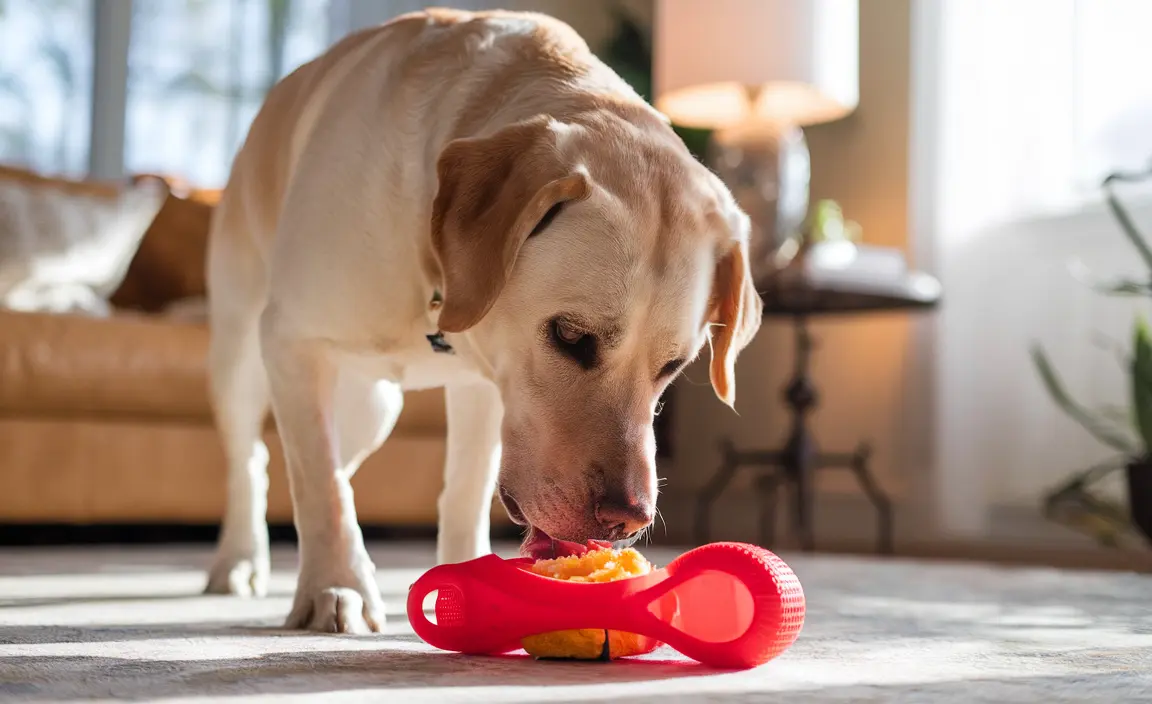As a devoted dog owner, you want to provide the best care and treats for your furry friend. But when it comes to lamb bones, what seems like a tasty treat could actually be a dangerous health risk. Understanding the potential dangers of lamb bones is crucial for protecting your dog's well-being and preventing potentially life-threatening complications.
In this comprehensive guide, we'll explore why veterinarians unanimously warn against feeding dogs lamb bones, what risks they pose, and what safer alternatives exist to keep your canine companion happy and healthy.
Why Dogs and Lamb Bones Don't Mix: Understanding the Risks
Lamb bones, whether cooked or raw, present significant health hazards for dogs. The seemingly innocent treat can quickly turn into a medical emergency due to several critical risks:
Splintering and Internal Injuries
Cooked lamb bones become extremely brittle and can easily splinter into sharp fragments. These jagged pieces can cause severe internal injuries, potentially puncturing your dog's esophagus, stomach, or intestines. The damage can be immediate and catastrophic, requiring urgent veterinary intervention.
Choking and Obstruction Hazards
Both cooked and raw lamb bones can become lodged in a dog's throat or digestive tract. This creates a serious choking risk and can lead to life-threatening intestinal blockages. Even small bone fragments can cause significant gastrointestinal damage, potentially requiring surgical removal.
Dental and Oral Health Concerns
Chewing on hard bones can cause significant dental damage, including fractured teeth and painful oral injuries. Dogs with sensitive teeth or pre-existing dental conditions are particularly vulnerable to these risks. The potential for tooth breakage and subsequent veterinary dental procedures makes lamb bones an unwise choice for dental stimulation.
Safe Alternatives to Lamb Bones
Fortunately, numerous safe alternatives can provide the chewing satisfaction dogs crave without risking their health:
Veterinarian-Approved Chew Options
- Specially designed dental chews
- Rubber chew toys made for aggressive chewers
- Edible treats formulated for dental health
- Kong-style toys filled with dog-safe treats
These alternatives offer mental stimulation, dental cleaning benefits, and entertainment without the dangerous risks associated with lamb bones.
What to Do If Your Dog Consumes a Lamb Bone
If your dog accidentally ingests a lamb bone, remain vigilant and watch for these warning signs:
- Persistent vomiting
- Lethargy or unusual fatigue
- Bloody or dark-colored stool
- Apparent abdominal pain
- Difficulty defecating
- Excessive drooling or gagging
Should you observe any of these symptoms, contact your veterinarian immediately. Quick professional intervention can prevent potentially serious complications.
Frequently Asked Questions
Can dogs safely eat cooked lamb bones or are they dangerous?
No, cooked lamb bones are extremely dangerous and should never be given to dogs. They become brittle and can splinter, causing severe internal injuries.
Are raw lamb bones a healthy treat for dogs, and what precautions should I take?
Veterinarians generally do not recommend raw lamb bones either. They still pose significant risks of choking, tooth fracture, and gastrointestinal damage.
What are the risks of feeding my dog lamb bones, cooked or raw?
Risks include internal punctures, choking, intestinal blockages, tooth fractures, and potentially fatal digestive complications.
What signs should I watch for if my dog accidentally swallows a lamb bone?
Watch for vomiting, lethargy, bloody stool, signs of pain, difficulty defecating, and unusual behavior. Consult a veterinarian immediately if these symptoms occur.
What are the safer alternatives to lamb bones for my dog's chewing and dental health?
Consider veterinarian-approved dental chews, rubber chew toys, Kong-style toys, and specialized edible treats designed for canine dental health.
Prioritizing your dog's safety means making informed choices about their diet and treats. By understanding the risks of lamb bones and choosing safer alternatives, you can help ensure your furry friend remains healthy, happy, and protected.






